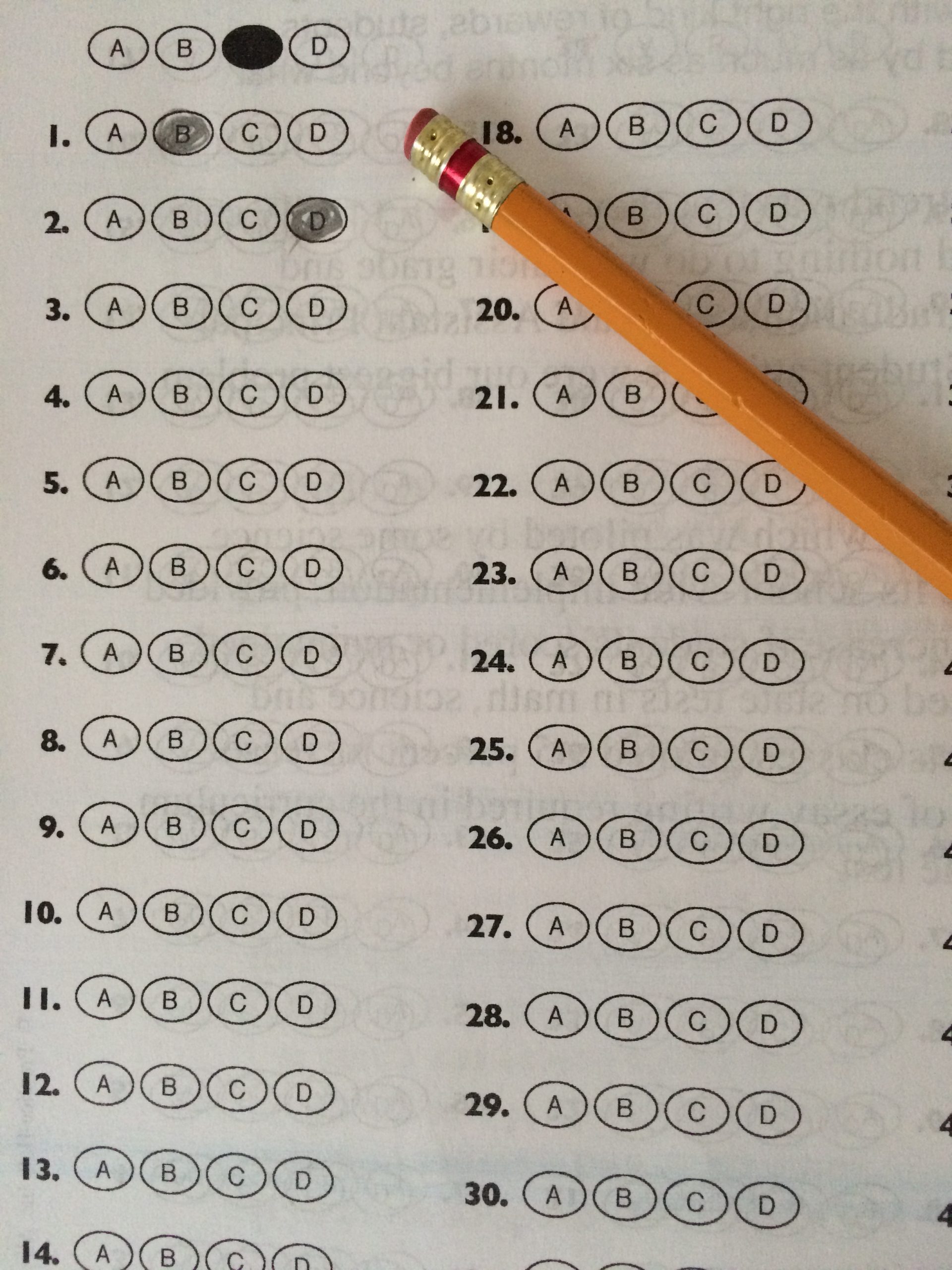Extrinsic rewards are under much debate. Shouldn’t schools do what they can to make students focus on tests? Won’t that make student scores increase? Actually, it is quite common for schools to reward students. And, scores have improved.
Extrinsic rewards were part of a recent study conducted by Jeffrey Livingston. The study tested “students in urban schools that were at risk of failing to meet state standards.” Livingston wondered if students tried as hard as they could on standardized tests when they had no personal stake in their score. Two tests were given, the standardized and then a mock standardized. The study found that students did much better on the test when there was a reward.
Additional Studies on Extrinsic Rewards
Many schools live and die by students’ performance on standardized tests. Most students do not have any reason to perform well. In providing rewards, students have the motivation to take the test seriously. Taking the test seriously leads to better results in their scores. In the Chicago Area schools, student achievement improved by as much as six months beyond what was expected.
Rewards Vary
Depending on the school and the grade level, rewards vary. They take the form of electronic gadgets, kayaking or paddle boarding trips, gift cards, extra credit, etc. One school in California gave a student a portable Nintendo DS as well as the game Mario Kart 7 to go with the Nintendo DS.

Advantages of Extrinsic Rewards
Rewards more readily produce a desired behavior. Plus, extrinsic rewards do not often require much knowledge of individual students. Most students are not affected by their scores and need a reason to focus and do their best. The score means nothing. If improvement is connected to a student’s grade, to graduation, or to a reward, it then makes a difference. The students’ attitudes change. They take standardize testing seriously. Students will do things if they find it rewarding. More and more educators are going the monetary route when it comes to standardize test scores. Studies, along with school reports, indicate that they help make students try harder.




